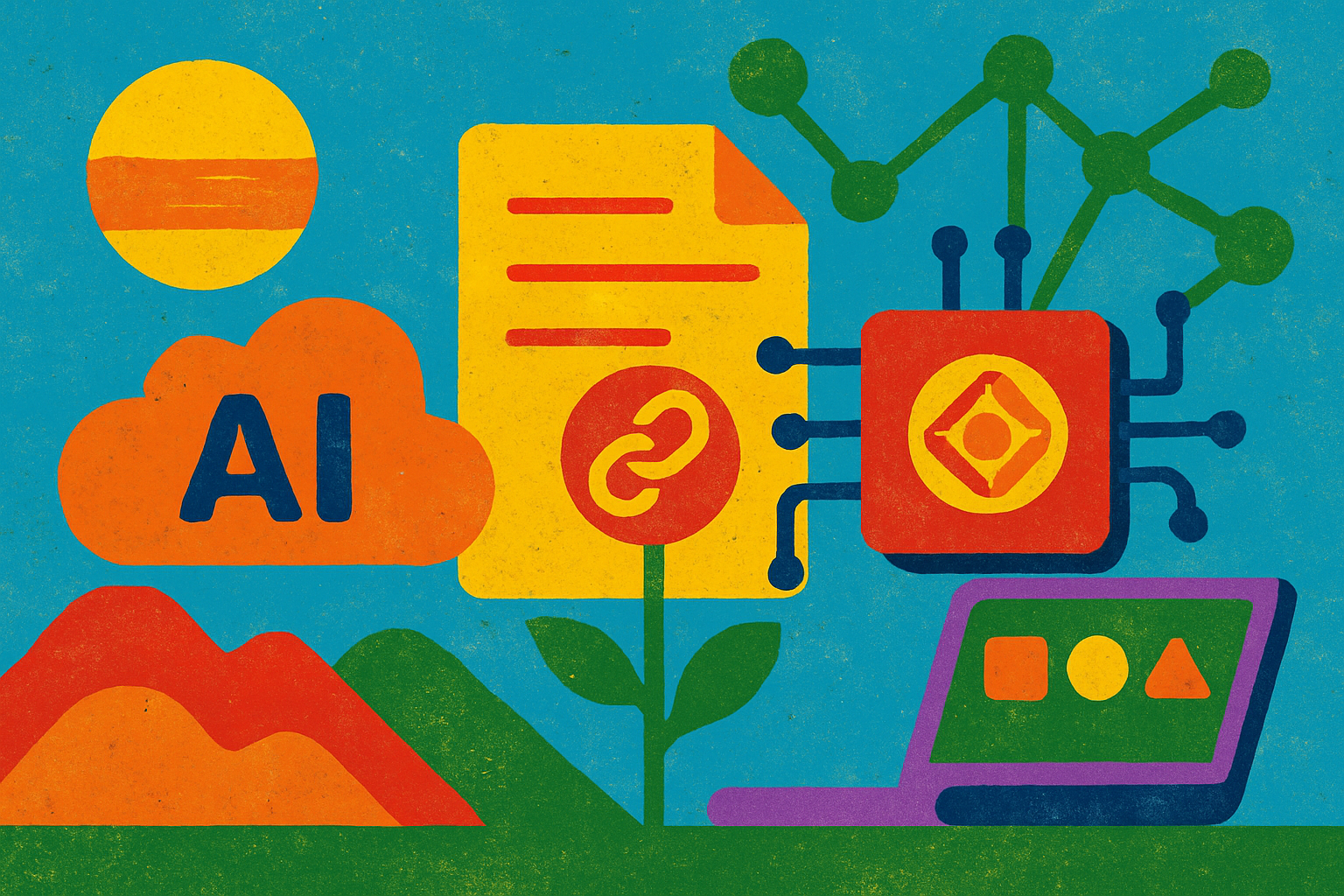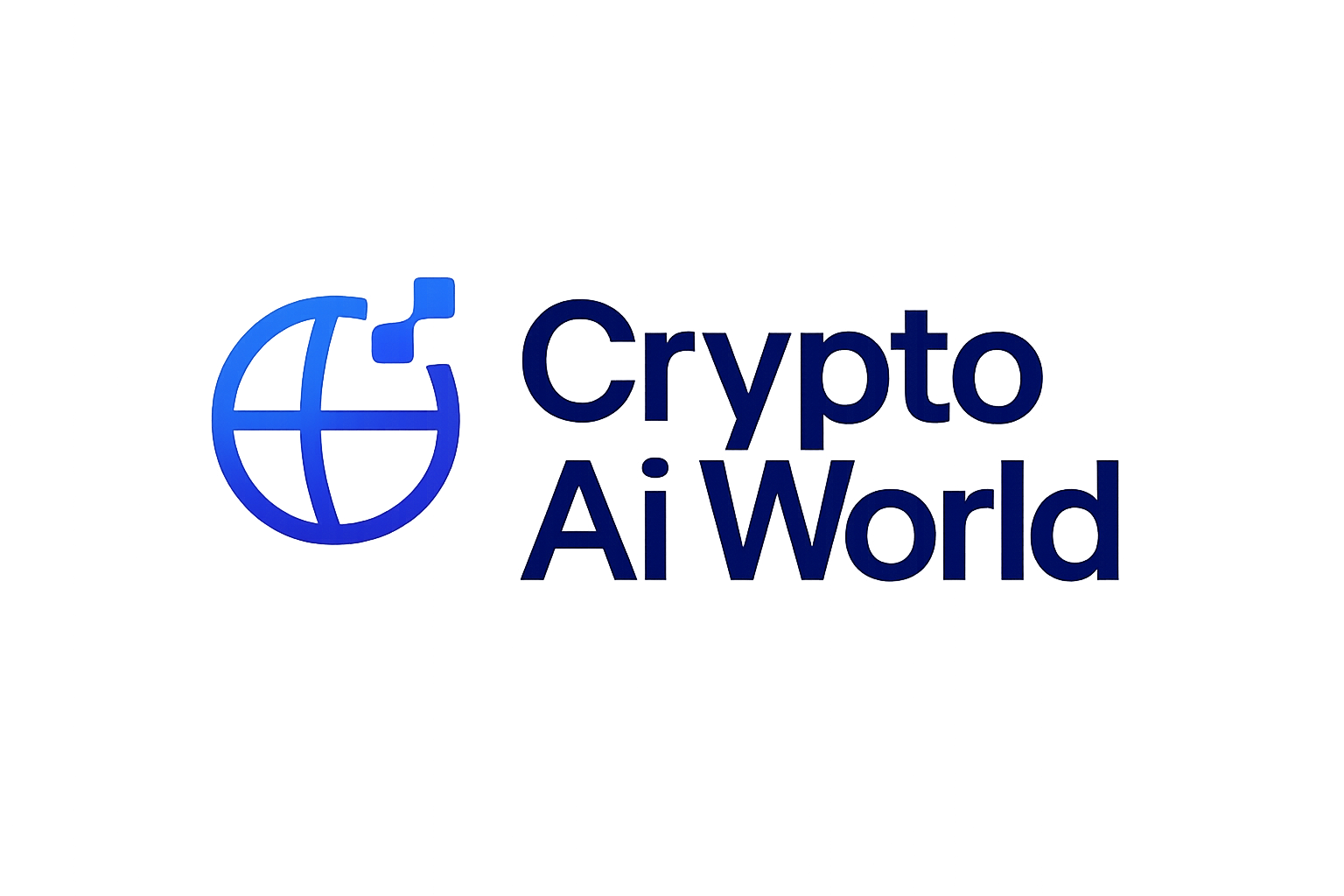
Decentralized AI infrastructure is rapidly emerging as the backbone of scalable Web3 applications, and 0G Labs is leading this transformation. By building the first modular, decentralized AI Operating System (dAIOS), 0G Labs addresses a fundamental challenge: how to deliver scalable, verifiable, and cost-efficient AI compute for an increasingly decentralized digital economy. Their approach stands in stark contrast to traditional AI systems, which are often siloed, opaque, and costly to scale.

The Modular AI Operating System: A New Foundation for Web3
At the core of 0G Labs’ innovation is its modular AI operating system. Unlike monolithic blockchains or centralized cloud providers, 0G’s architecture separates the key elements of computation: execution, storage, data availability (DA), and inference. This separation allows each layer to be independently optimized for AI workloads. The result is an infinitely scalable stack that can power everything from on-chain generative models to privacy-preserving intelligent agents.
The dAIOS orchestrates decentralized hardware resources – not just storage and compute but also verifiable data pipelines – making it possible for developers to build complex applications that require real-time inference and transparent provenance. This composability is critical for emerging use cases like decentralized science (DeSci), autonomous finance (DeFi), robotics coordination, and intelligent NFTs.
Verifiable Compute and Data Availability at Scale
A persistent bottleneck in Web3 has been the lack of scalable data availability and verifiable compute. 0G Labs tackles this by leveraging a modular DA layer that ensures high throughput while maintaining transparency. This architecture supports verifiable AI inference on-chain, meaning outputs from machine learning models can be audited by any network participant – a crucial requirement for trustless DePIN networks and enterprise-grade applications.
By decoupling data availability from execution, 0G enables developers to tap into a global pool of decentralized resources without being constrained by the limitations of legacy blockchains or centralized clouds. The impact on cost efficiency is significant; according to 0G Foundation sources, their approach delivers these services at a fraction of traditional costs while maintaining robust security guarantees.
Ecosystem Initiatives: Accelerators, Grants, and Strategic Partnerships
Recognizing that infrastructure alone isn’t enough, 0G Labs has launched several ambitious programs designed to catalyze ecosystem growth:
- Global Accelerator Program: In collaboration with Web3Labs, this six-month initiative supports up to ten projects worldwide across sectors like DeSci, DeFi, robotics, privacy-preserving AI, and more. Selected teams receive grants up to $25,000 alongside technical guidance and access to investment networks.
- Ecosystem Growth Program: With $88.88 million committed in funding for builders creating AI-ready Web3 backbones, this program incentivizes transparency and community ownership within the growing decentralized AI landscape.
- Strategic Partnerships: Recent collaborations with industry leaders such as Alibaba Cloud bring together world-class computing capabilities with 0G’s decentralized expertise – accelerating adoption across the Asia-Pacific region. Another notable partnership with Warden Protocol enables direct integration of AI into smart contracts for on-chain decision-making.
If you’re interested in understanding how these modular primitives are shaping next-generation networks or want deeper technical insights into their infrastructure stack, see our related coverage at How 0G Labs Is Building the Modular Infrastructure for Decentralized AI Compute Networks.
These ecosystem initiatives are not just theoretical. The Aristotle Mainnet launch by 0G Labs marked a significant milestone, unifying decentralized storage, compute, and data availability into a single modular Layer-1 protocol. This mainnet rollout has already attracted a wave of AI-native dApps and research projects eager to leverage scalable, transparent compute for real-world use cases.
What sets 0G Labs apart is its commitment to verifiable AI inference Web3: ensuring that every AI-driven outcome on the network can be independently validated. This is particularly important for sectors like decentralized science and finance where auditability and trust are non-negotiable. By integrating verifiable compute directly into the chain, 0G Labs enables new forms of on-chain automation and governance previously impossible in either legacy blockchains or closed cloud environments.
Key Benefits of 0G Labs’ Decentralized AI Infrastructure
-

Infinitely Scalable AI Infrastructure: 0G Labs’ modular AI Operating System enables unlimited scaling of compute and storage, empowering developers to build high-performance Web3 applications without the bottlenecks of centralized systems.
-

Enhanced Data Availability & Transparency: Through decentralized storage and verifiable compute, 0G’s infrastructure ensures real-time data availability and transparent processing, fostering trust and reliability for enterprises and users.
-

Lower Costs for AI Workloads: By leveraging decentralized resources, 0G delivers AI computation and storage at a fraction of traditional costs, making advanced AI accessible to a broader range of projects and organizations.
-

Composability & Modularity: 0G’s unified stack allows seamless integration of storage, compute, and AI inference, enabling developers to compose custom solutions tailored to diverse Web3 use cases.
-

Global Ecosystem Support: With initiatives like the Global Accelerator Program and an $88.88 million Ecosystem Growth Program, 0G Labs actively funds and mentors innovators building decentralized AI applications.
-

Strategic Partnerships for Innovation: Collaborations with Alibaba Cloud and Warden Protocol expand 0G’s reach, combining robust cloud computing with decentralized AI and enabling on-chain AI-powered smart contracts.
Building an AI-Ready Web3 Backbone
The strategic partnership with Alibaba Cloud is especially notable. By combining Alibaba’s vast computing infrastructure with 0G’s decentralized AI stack, both organizations are addressing the scalability gap that has long hindered enterprise adoption of Web3. The collaboration is expected to lower barriers for organizations across Asia-Pacific seeking to deploy advanced AI applications without sacrificing transparency or control.
Additionally, integration with Warden Protocol brings programmable intelligence directly into smart contracts. This unlocks collaborative, autonomous agents capable of real-time data processing and decision-making, a leap forward for everything from DeFi risk management to dynamic NFT experiences.
The $88.88 million Ecosystem Growth Program further demonstrates 0G Labs’ intent to nurture a robust community of builders. By providing substantive funding alongside technical mentorship, the program ensures that innovation remains open-source and community-driven rather than captured by a handful of large players.
The Road Ahead: Scaling Trustless AI Compute Networks
As demand for scalable decentralized AI infrastructure grows, 0G Labs’ approach offers critical advantages: modularity for rapid iteration, verifiability for regulatory compliance, and cost efficiency at scale. These features position the protocol as a foundational layer in the emerging decentralized AI compute network landscape.
The next wave of Web3 applications, whether in robotics, privacy-preserving analytics, or tokenized real-world assets, will require infrastructure that is both scalable and trustworthy. With its unique architecture and ecosystem-first philosophy, 0G Labs is poised to serve as the backbone for this future.
If you’re looking to dive deeper into how these innovations are reshaping decentralized compute networks or want technical deep-dives on modular DA layers and verifiable inference, explore our coverage at How 0G Labs Is Building the Modular AI Infrastructure Layer for Decentralized Compute Networks.






